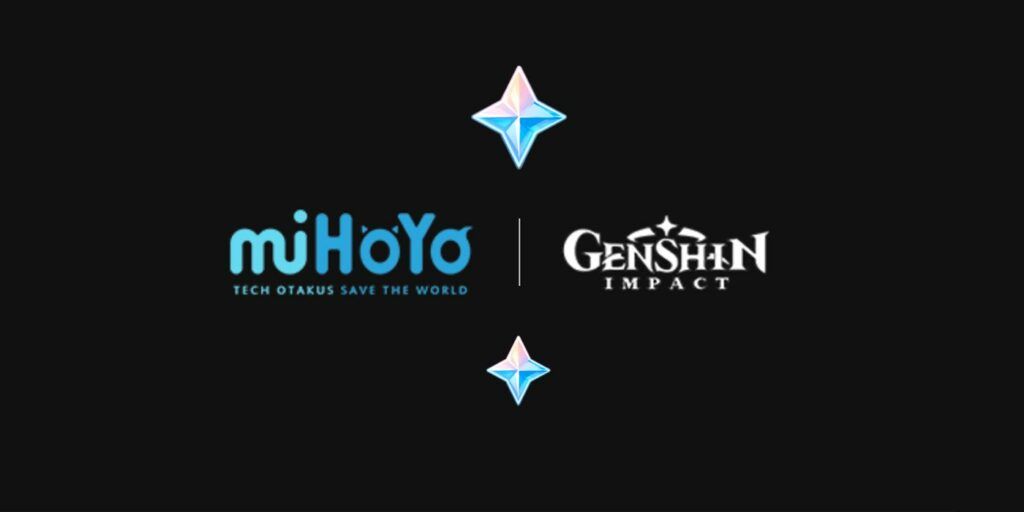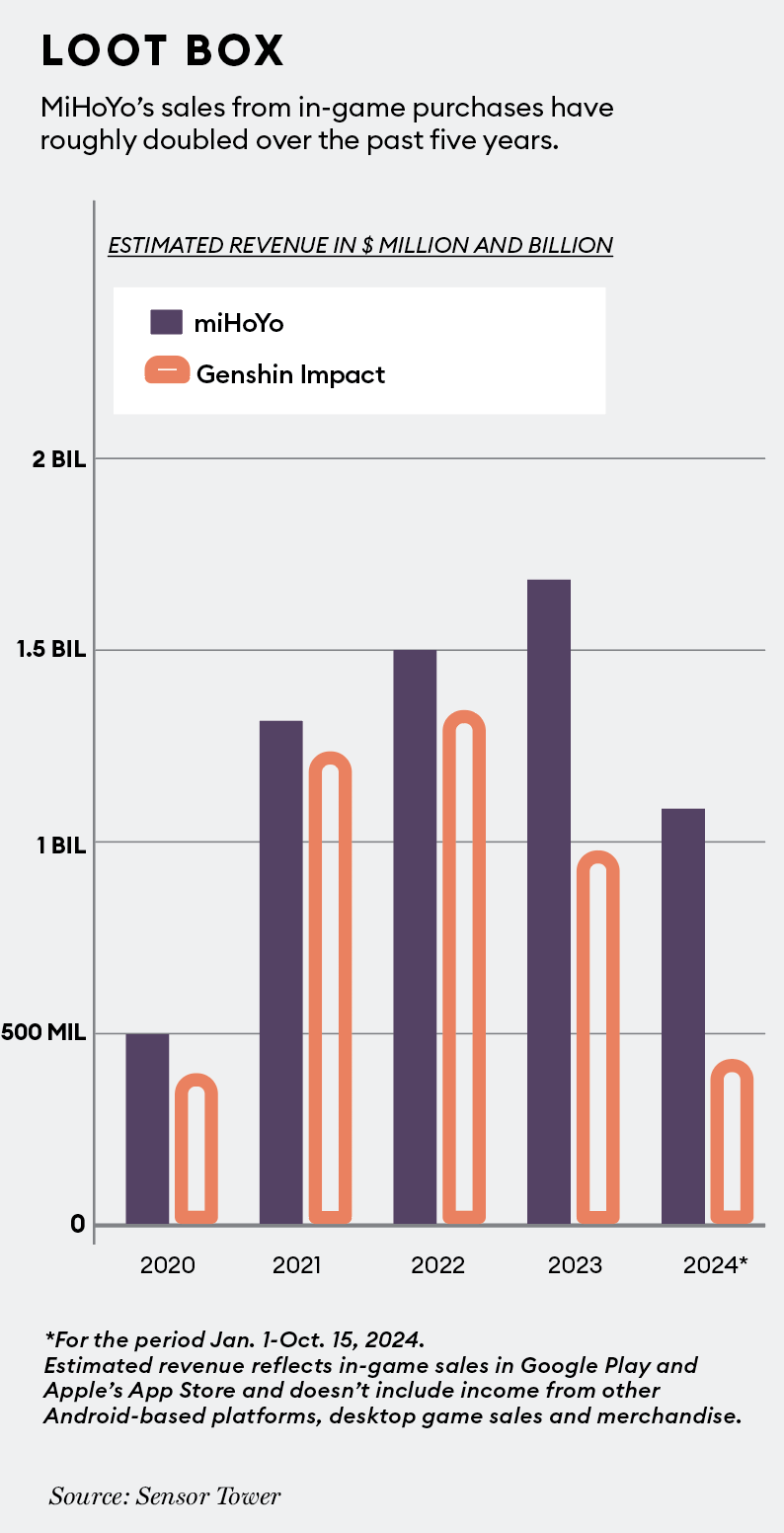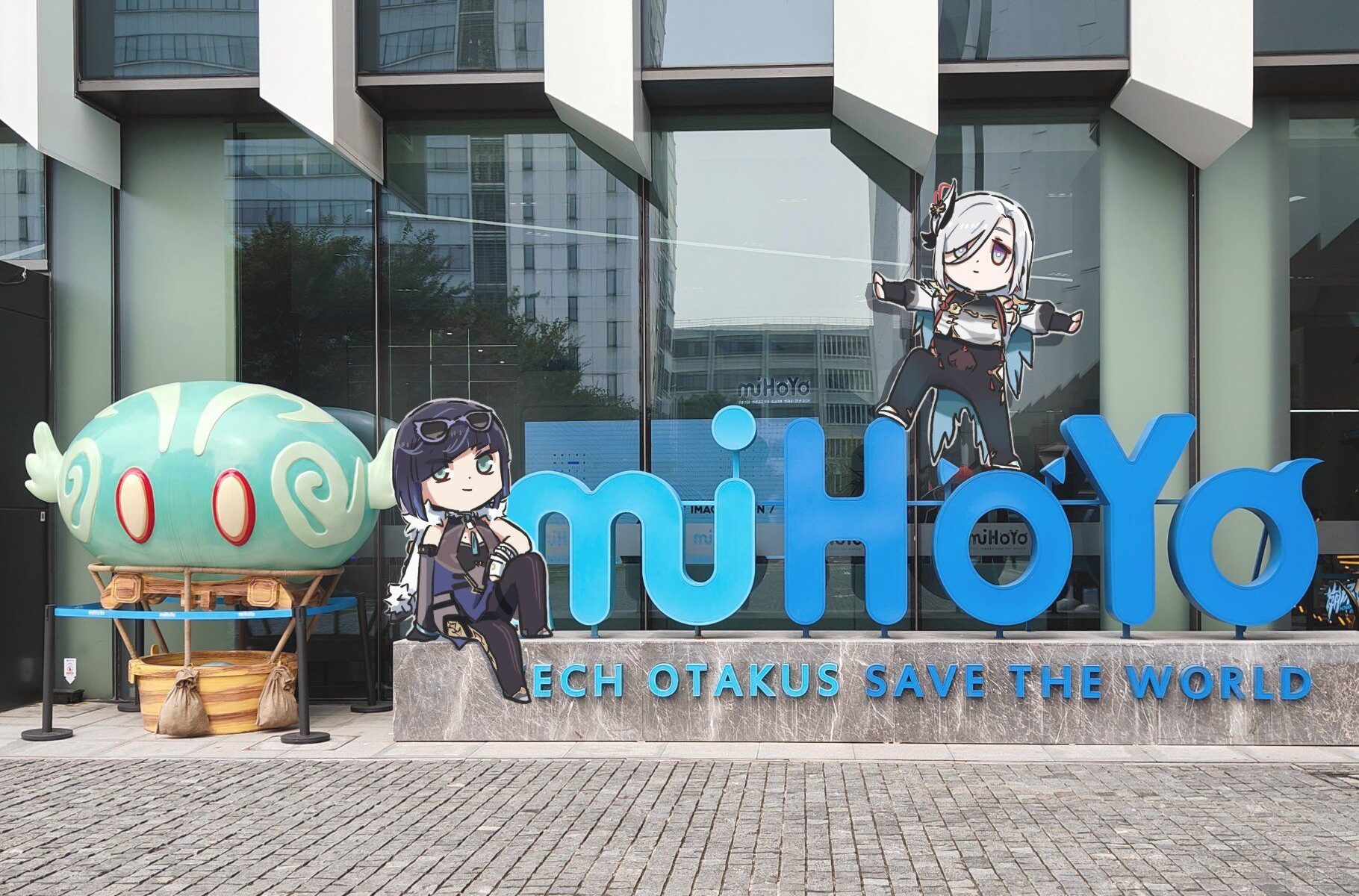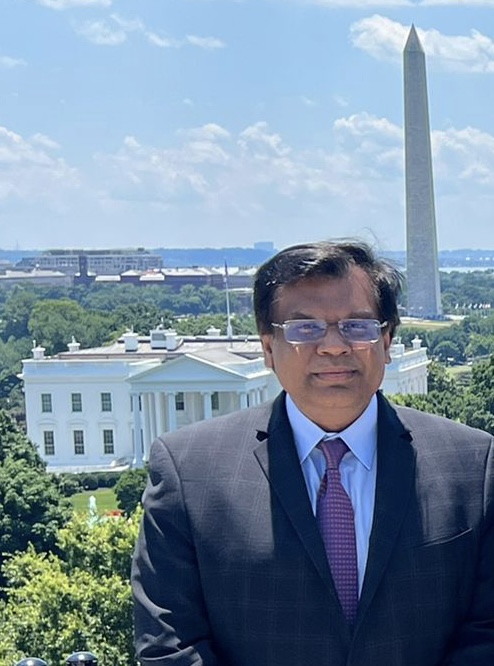
The cofounders of gaming sensation miHoYo are looking at leveraging AI for their next generation of titles.
A string of mega-hits from miHoYo, the creator of breakout success Genshin Impact, an anime-styled action adventures game, propelled three new billionaires into the ranks of China’s 100 Richest. The Shanghai-based games developer, valued at an estimated $20 billion, is now looking to generative AI to power a next generation of games as it battles for turf in the fiercely competitive industry.
“It’s not difficult to see our goal if you look at our history, to see the games we have made,” cofounder Cai Haoyu said during a virtual presentation at an industry conference in 2021. “We strive to create a more immersive gaming world.”
At 37, Cai is one of the youngest new entrants to the list, debuting at No. 43 with a net worth of $7.3 billion. The largest individual shareholder at privately held miHoYo, Cai stepped down as chairman late last year to focus on the company’s deep tech investments that range from humanoid robots to a metaverse social networking app. The entrepreneur is still the company’s CEO, according to Chinese corporate data provider Qichacha. Liu Wei, 37, who succeeded Cai as chairman and is the company’s president, comes in at No. 86 with a $4.4 billion fortune. The third cofounder, 35-year-old vice president and shareholder Luo Yuhao, ranks No. 90 with $4.3 billion. The company declined to comment.
The trio has carved out a niche in the gaming community with their rich and immersive storylines and virtual world settings that players can freely explore. While miHoYo’s games are free, players can make in-game purchases to unlock new characters and resources to advance in the game—a lucrative money-spinner called gacha that’s generated at least $1 billion in revenue this year alone, according to estimates from Sensor Tower, a San Francisco-based market intelligence platform.
Its biggest earner is flagship Genshin, the world’s 13th largest mobile game by revenue as of October, according to Sensor Tower. Besides its Google Play and Apple’s App Store sales, miHoYo generates income from desktop versions of its games, purchases from other Android-based platforms such as smartphone giant Xiaomi’s Mi Store, and a line of merchandise, from character figurines to clothes and toys.
Genshin was an immediate hit when it launched in 2020, raking in $2 billion in sales (including fees paid to app stores) in the 12 months after its release, while earning plaudits for its fast-paced gameplay that allows players to interact with intelligent non-player characters. Its art design, inspired by Japanese comics and graphic novels, has attracted fans known as er ci yuanin Chinese, or otaku in Japanese—terms to describe enthusiastic followers of animation, manga and video games.

Data courtesy of Forbes
“MiHoYo’s gameplay and the art design really suit the er ci yuan,” says Cui Chenyu, a Shanghai-based analyst at advisory and research firm Omdia. She adds that the company often promotes its titles and merchandise at events such as China’s Bilibili World, one of the country’s largest anime, comics and games expos.
The cofounders’ journey began at Shanghai Jiao Tong University, where Cai—who reportedly got his first computer at age 7—studied computer science. In his spare time, he wrote minigames and uploaded them to China’s games-distribution platform 4399, according to local media reports. He later roomed with Liu Wei and Luo Yuhao, where they discovered a shared passion for online games and decided to set up their own creative studio.
In 2011, they launched their first title, a mobile game called Fly Me 2 The Moon, a tribute to the theme song of popular Japanese anime series Neon Genesis Evangelion. A devoted fan, Cai often wore T-shirts featuring its characters to work—then a crammed 70-square-meter apartment in Shanghai rented for 3,900 yuan ($550) a month. (He has in recent years reportedly switched to T-shirts with company logos. Meantime, miHoYo spent 1.1 billion yuan in late 2023 to buy land in Shanghai for its new headquarters.)
At first, the team had little luck in raising funds. In a 2019 interview with state-run news outlet The Paper, Liu recalled how they were repeatedly turned down by a number of major venture capital firms, and told that players preferred battle games to animation so best to switch direction. The trio demurred. “We really want to keep our startup going, but only under the condition that we could do our own thing,” Liu said.
The first investor to spot miHoYo’s potential was Song Tao, founder of Hangzhou-based internet firm Sky-mobi, who put in 1 million yuan in 2012 in exchange for a 15% stake. (It’s unclear how much Song still holds.) With that funding, Fly Me 2 The Moon was transformed into miHoYo’s successful role-playing Honkai series, which found favor with the growing number of anime fans who have come online in China in the past decade. The latest title in the series, Honkai: Star Rail has been downloaded over 100 million times since its release in April 2023.
Still, there were some barriers to leveling up. In 2017, miHoYo filed for an IPO with Chinese regulators, seeking to raise at least 1.2 billion yuan on mainland bourses. It withdrew the application three years later, reportedly in part because potential investors questioned the relatively few titles in the firm’s portfolio at the time.
“As a mature gaming company, miHoYo must break into other genres and develop new gameplay.”
Fast forward to today and miHoYo faces heightened competition, such as from billionaire William Ding’s gaming giant NetEase, which has its own anime-based game in the works. Stan Zhao, a Shanghai-based analyst at research firm Blue Lotus Capital Advisors, says miHoYo’s latest release, Zenless Zone Zero, a post-apocalyptic role-playing game, isn’t as innovative. According to Sensor Tower, it was the 44th most downloaded free role-playing game in October in Apple’s App Store in China, slipping down the ranks from No. 21 shortly after its release in September.
Analysts say miHoYo has more titles in the pipeline that include an action shooter game in a sci-fi setting and another that emphasizes socializing with other players. In September miHoYo created a buzz in the gaming community when it reportedly registered a generative AI model called Glossa with Chinese regulators—expected to power content like intelligent non-player characters.
“In a market of cut-throat competition like China, other developers will surely try to seize the trend of er ci yuan games,” says Zhao of Blue Lotus. “As a mature gaming company, miHoYo must break into other genres and develop new gameplay.”






